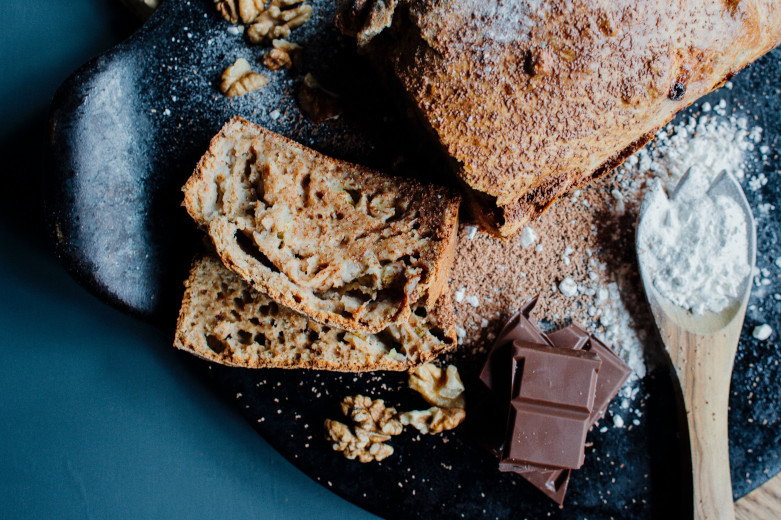
Clean-label ingredients poised for growth
At 6.78% CAGR, the market for clean-label ingredients is anticipated to hit USD 68.57bn by 2028, says Brandessence Market Research. The global market for this segment was evaluated at USD43.32bn in 2021.
At 6.78% CAGR, the market for clean-label ingredients is anticipated to hit USD 68.57bn by 2028, says Brandessence Market Research. The global market for this segment was evaluated at USD43.32bn in 2021.
Bühler partnered with Austrian start-up Selectum to provide a new, healthy and CO2-neutral snack. Selectum launched Paddies, crunchy wafer pillows with a creamy dip inside at the end of 2019.
The global plant-based protein market is expected to attract growth at a CAGR of 5.7% during the forecast period of 2021 to 2031, according to a study made by Transparency Market Research (TMR).
Ingredients specialist KRÖNER-STÄRKE developed a cream-like filling for bakery and confectionery products. It has a long shelf life and no artificial ingredients.
The Southeast Asia bakery products market was valued at USD 13,470.18 million in 2020 and is projected to grow at a CAGR of 7.67% from 2021 to 2026, according to research by ResearchAndMarkets.com.
Royal DSM signed an agreement to acquire Norwegian company Vestkorn Milling, one of Europe’s leading producers of pea- and bean-derived ingredients for plant-based protein products, for an enterprise value of EUR65m.
Pea protein ingredient sales are poised to reach a total of USD 1.25 Bn in 2021, according to an estimate made by Future Market Insight (FMI). Sales in the bakery sector are expected to reach USD 341.1 Mn.
AAK introduces a range of fats for chocolate and confectionery applications that use premium caramel, AKOMEL™. It is a portfolio of clean-label and plant-based fats obtained from sustainable sources, which are also available in non-hydrogenated, non-trans and low-saturated fat options.
In the last five years, organic and free-from gluten sweet biscuits have seen the biggest growth in Western Europe. Consumers look for more reduced sugar and on-the-go snacks. This trend is very similar in the savory biscuits category, as consumers are seeking healthier alternatives.
In 2020, dining in became the new dining out. As the restaurant and travel industries reopen, new culinary behaviors acquired in that year have varying degrees of staying power that will influence bakery and snack product innovation.
Many bakeries use other cereals and pseudo-cereals such as amaranth, quinoa and buckwheat, looking to add new sensory experiences to their range.
Consumers have come to expect plant-based products that are as good or better than the original, oftentimes without the use of ingredients that would break their idea of clean label.

